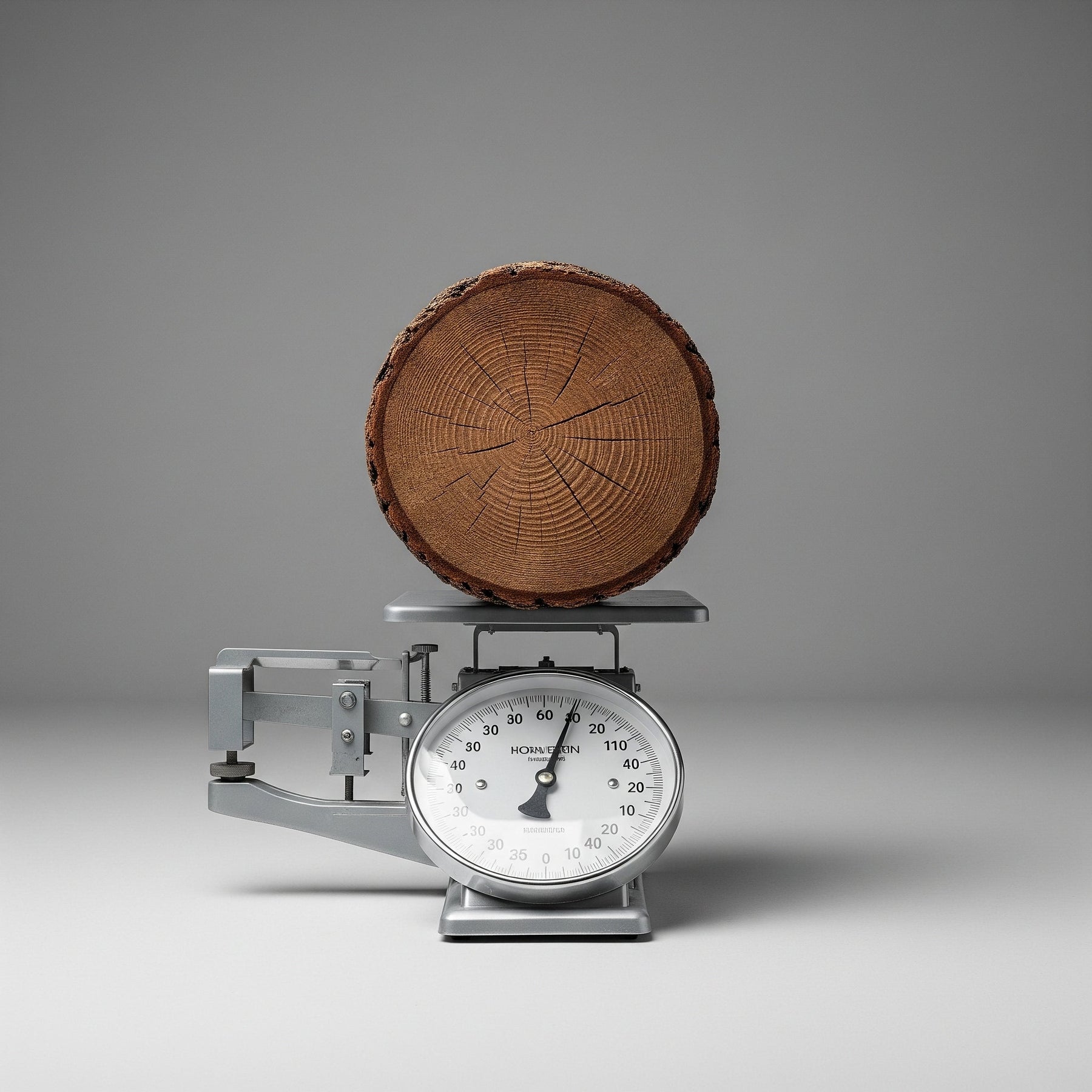
Understanding Balsa Wood Density: A Key to Performance
The density of balsa wood, a critical determinant of its mechanical properties, exhibits a significant range primarily due to the inherent growth characteristics of the Ochroma pyramidale tree. This natural variability directly influences the wood's strength-to-weight ratio, a highly valued attribute across numerous applications.
Crucially, the age of the balsa tree at harvest directly correlates with the density of the resulting timber. Younger trees yield lighter, less dense balsa, while mature trees produce wood with a higher density. This relationship is distinct from the botanical classifications of hardwoods and softwoods, a topic that warrants separate discussion. Fundamentally, for a consistent grain structure, increased density directly translates to superior mechanical strength.
Commercially available balsa wood typically spans a density range from a remarkably light 50 kg/m³ to a robust 300 kg/m³. At Auszac Balsa, we employ precise volumetric and gravimetric measurements to accurately determine the density of our stock. This rigorous methodology enables us to assist our clients in selecting the optimal balsa density for their specific project requirements, ensuring peak performance and efficiency.
For precise material selection, Auszac Balsa categorises its "M" range products by density:
-
Light: 60 - 120 kg/m³
-
Medium: 121 - 187 kg/m³
-
Heavy: 188 - 252 kg/m³
For conversion between metric and imperial density units, the following precise calculations are recommended:
-
To convert metric density (kg/m³) to imperial density (lb/ft³), divide the metric value by 16.
-
Example: 160 kg/m³ 16 = 10 lb/ft³
-
-
To convert imperial density (lb/ft³) to metric density (kg/m³), multiply the imperial value by 16.
-
Example: 6 lb/ft³ 16 = 96 kg/m³
-
Understanding and accurately specifying balsa wood density is paramount for engineering design and material selection, ensuring the structural integrity and desired performance characteristics of the final application.
Important Note on Density Variation: While Auszac offers specific "Selects" products with guaranteed densities, our general range is cut from raw, graded stock. Consequently, the density of individual pieces within our general stock may vary. Customers requiring highly specific density tolerances should inquire about our "Selects" range.



Leave a comment